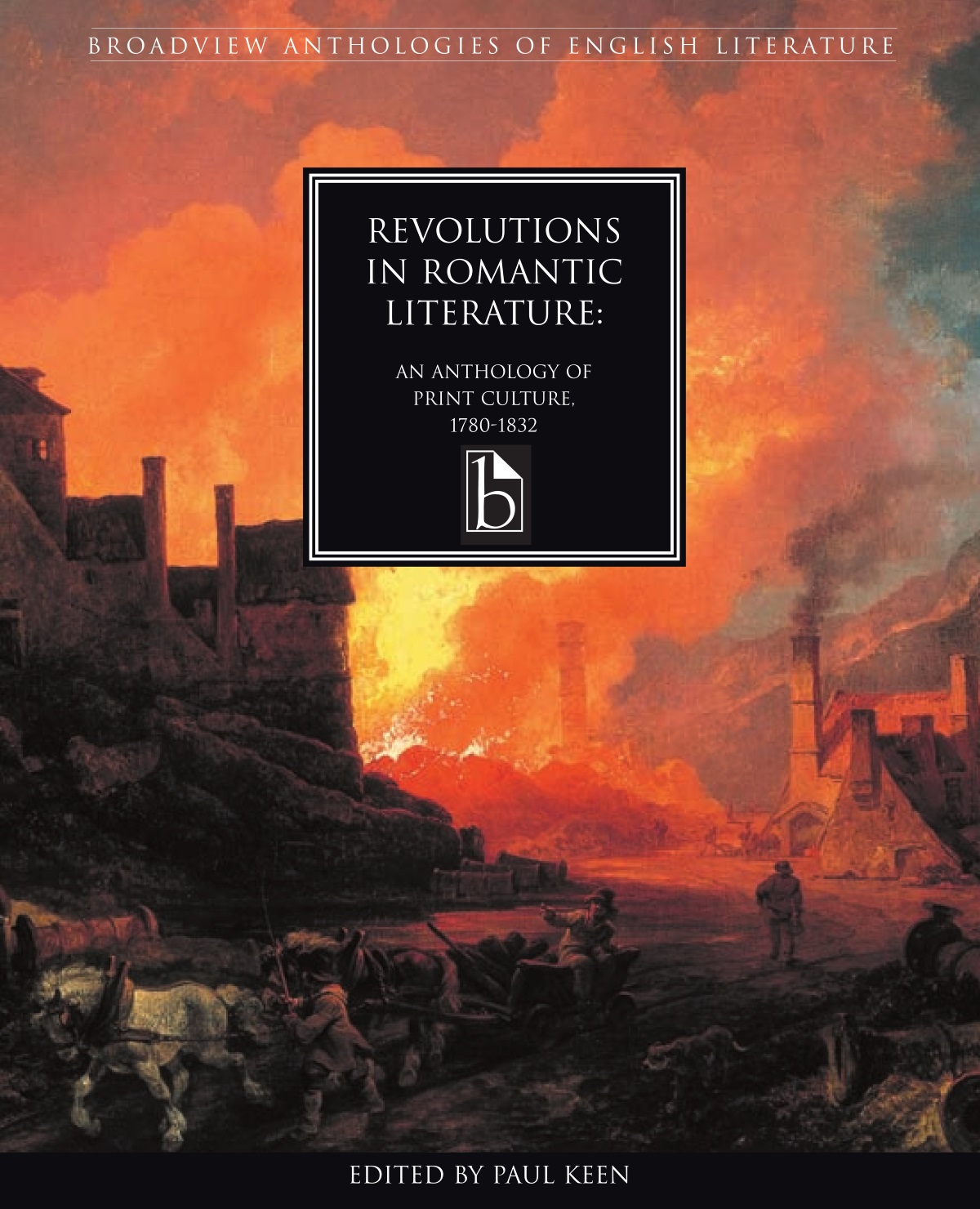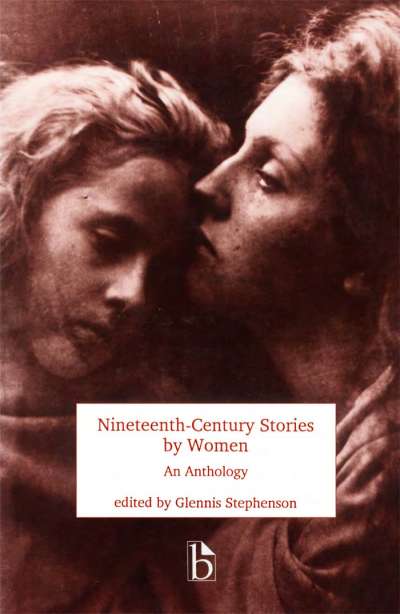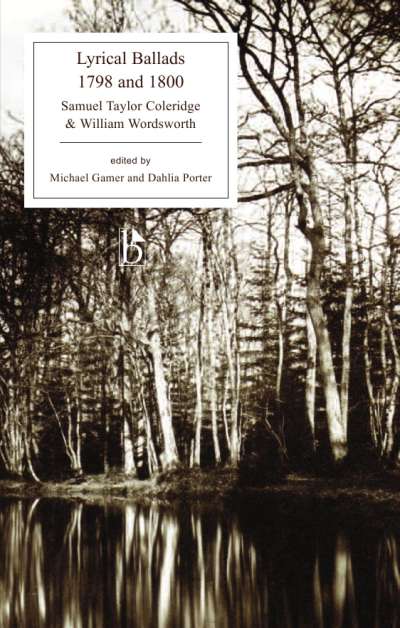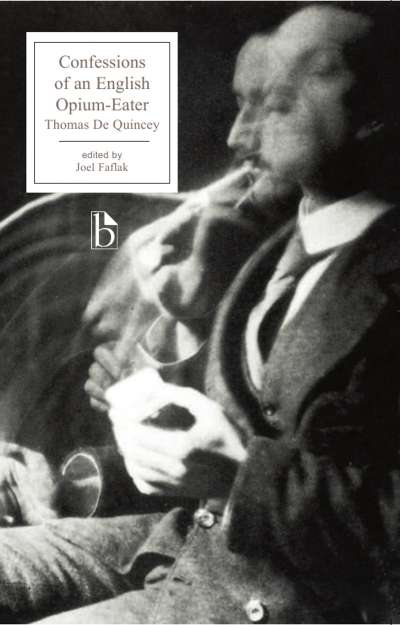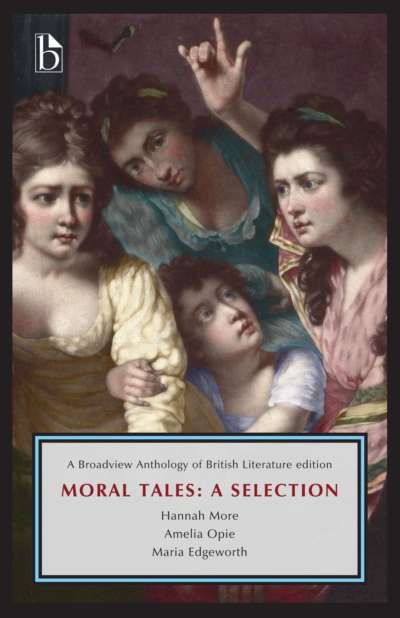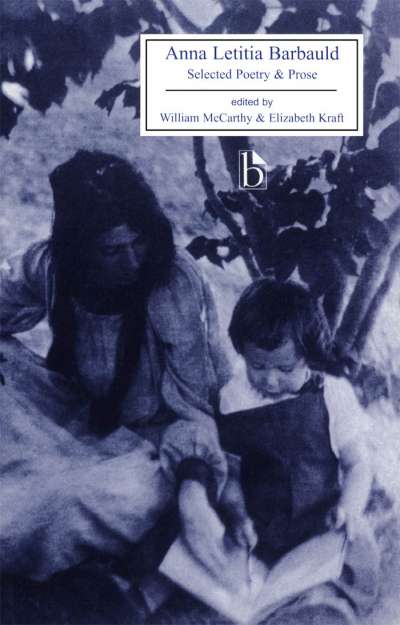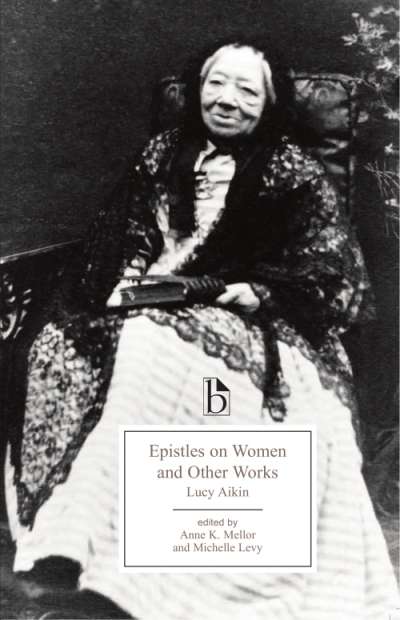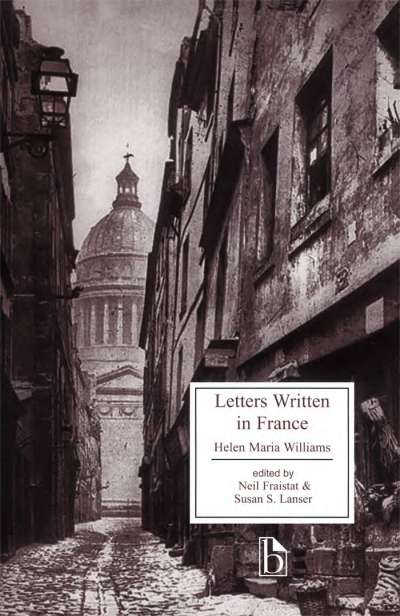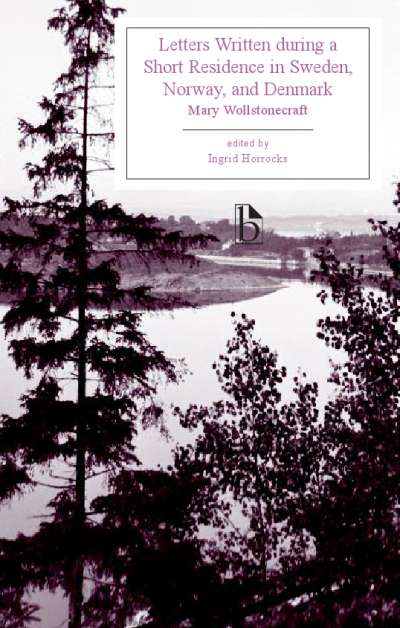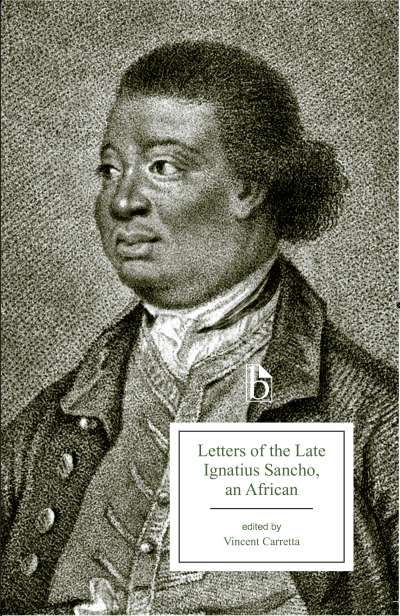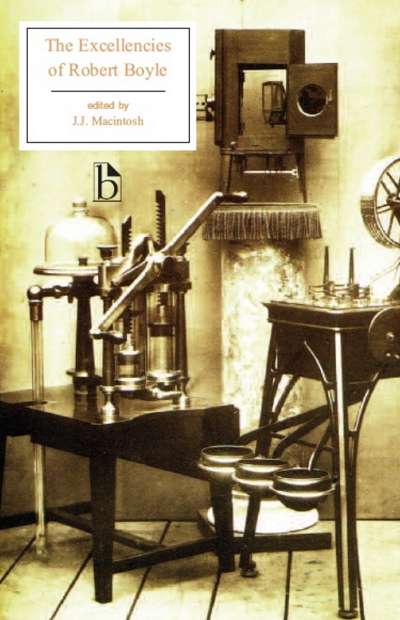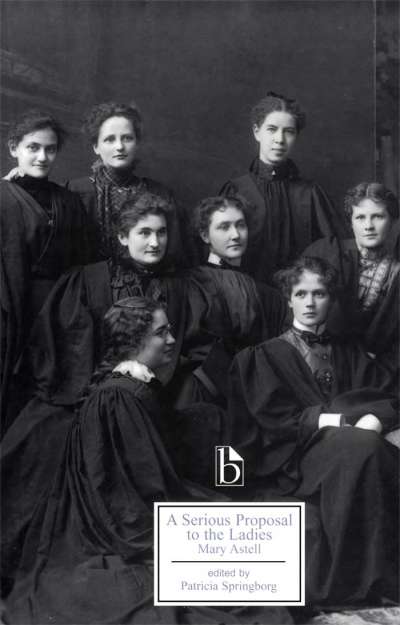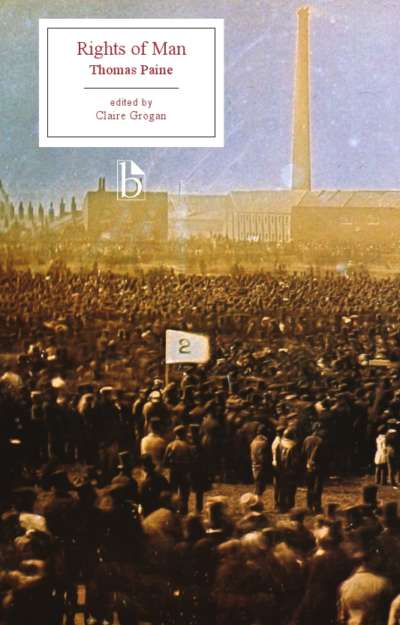PREFACE
ACKNOWLEDGEMENTS
SECTION ONE: THE NATURE OF THE WORD, LITERATURE
William Godwin, An Enquiry concerning Political Justice, and its Influence on General Virtue and Happiness (1793)
Monthly Review, Review of An Enquiry concerning Political Justice, and its Influence on General Virtue and Happiness (1793)
British Critic, Review of An Enquiry concerning Political Justice, and its Influence on General Virtue and Happiness (1793)
T.J. Mathias, The Pursuits of Literature: A Satirical Poem in Four Dialogues (1797)
Analytical Review, Review of
- Requête au Roi, &c.—Address to the King, by M. de Calonne. London, 1787.
- R;éponse de M. de Calonne &c.—M. Calonne’s Reply to M . Necker’s Pamphlet published in April 1787, containing the Examination of his Report of the State of the Finances of France in 1774, 1776, 1781, 1783, 1787, &c. London, 1788.
- Sur le Compte rendu au Roi, &c.—Explanations of the Account rendered to the King in 1781. By M. Necker. Paris, 1788.
- Motif de M. de Calonne, &c.—M. de Calonne’s Motive for delaying his Refutation of M. Necker’s Explanations till the meeting of the States-General. London, 1788. (1788)
Anna Letitia Barbauld, An Address to the Opposers of the Repeal of the Corporation and Test Acts (1790)
Monthly Magazine, Letter (1798)
Edinburgh Review, “The Periodical Press,” A Review of:
- The St. James Chronicle—The Morning Chronicle—The Times—The New
Times—The Courier, &c.—Cobbett’s Weekly Journal—The Examiner—The Observer—The Gentleman’s Magazine—The New Monthly Magazine—The
London, &c. &c. [William Hazlitt] (1823)
Leigh Hunt, “On the Connection and the Mutual Assistance of the Arts and Sciences, and the Relation of Poetry to them All,”
The Reflector, A Collection of Essays, on Miscellaneous Subjects of Literature and Politics (1812)
Thomas De Quincey, “The Poetry of Pope” (1848)
SECTION TWO: THE READING PUBLIC
S.T. Coleridge, The Statesman’s Manual: A Lay Sermon (1816)
John Stuart Mill, “The Present State of Literature” (1827)
New Monthly Magazine, “The Influence of Books” [William Hazlitt] (1828)
Political Register, “Letter to Alderman Wood on the Subject of Teaching the Children of the Poor to Read” [William Cobbett] (1813)
William Godwin, “Of Learning.” The Enquirer: Reflections on Education, Manners and Literature (1797)
Sir Archibald Macdonald, Speech as Prosecution in the Seditious-Libel Trial of Thomas Paine for Rights of Man
Part Two (1792)
Thomas Erskine, Speech as Prosecution in the Seditious-Libel Trial of Thomas Williams for Publishing Age of Reason, by Thomas Paine (1797)
Gentleman’s Magazine, Letter: “On Reading Novels” (1797)
Gentleman’s Magazine, Letter: “Eusebius’s Final Reply on the Subject of Sunday Schools” (1798)
Gentleman’s Magazine, Letter: “Some former Articles Reviewed by an old Correspondent” (1789)
Leigh Hunt, “My Books” (1823)
SECTION THREE: LITERARY AUTOBIOGRAPHIES
James Lackington, Memoirs of the Forty-Five First Years of the Life of James Lackington, Bookseller (1791; 1792)
Mary Robinson, Memoirs of Mary Robinson. Written by Herself (1800)
William Gifford, Esq., The Satires of Decimus Junius Juvenalis and of Aulus Persius Flaccus, Translated Into English Verse. Prefaced by a Life of Gifford (1802)
Francis Place, The Autobiography of Francis Place (1824)
SECTION FOUR: THE BOOK TRADE
James Lackington, Memoirs of the Forty-Five First Years of the Life of James Lackington, Bookseller (1791; 1792)
Gentleman’s Magazine, “Bibliographic Account of the late Mr. Joseph Johnson” (1809)
Isaac D’Israeli, The Case of Authors Stated, Including the History of Literary Property (1812)
Anonymous, An Address to the Parliament of Great Britain, on the Claims of Authors to Their Own Copy Right. By a Member of the University of Cambridge (1813)
Sir Egerton Brydges, Bart. M.P., Reasons for a Further Amendment of the Act 54 Geo. III. C. 156: Being an Act to Amend the Copyright Act of Queen Anne (1817)
Gentleman’s Magazine, Letter: “Mr. Fisher’s Publication on Stratford-upon-Avon” (1817)
S.T. Coleridge, “Advice to Young Authors,” Biographia Literaria (1817)
SECTION FIVE: THE VANITY FAIR OF KNOWLEDGE: LITERARY FASHIONS
Vicesimus Knox, “Of Reading Novels and Trifling Books Without Discrimination,” Winter Evenings: or, Lucubrations on Life and Letters (1788)
Gentleman’s Magazine, Letter: “Libraries Recommended in Market Towns” (1794)
T.J. Mathias, The Pursuits of Literature: A Satirical Poem in Four Dialogues (1797)
Isaac D’Israeli, Preface to An Essay on the M anners and Genius of the Literary Character (1795)
Monthly Review, Review of A View of Universal History, from Creation to the Present Time. By the Rev. J. Adams (1796)
Hannah More, Strictures on the Modern System of Female Education (1799)
Gentleman’s Magazine, Letter: “A Modern Requisite Towards the Character of a Gentleman” (1799)
Anna Letitia Barbauld, “On the Origin and Progress of Novel-Writing” (1810)
Monthly Magazine, “On Reading New Books” [William Hazlitt] (1827)
SECTION SIX: THE ARTS AND SCIENCES
Monthly Review, Review of An Inquiry into the History of Scotland Preceding the Reign of Malcolm III or the Year 1056. By John Pinkerton (1790)
James Lackington, Memoirs of the First Forty-Five Years of the Life of James Lackington (1791; 1792)
British Critic, Review of The History of Great Britain, Connected with the Chronology of Europe. By James Pettit Andrews (1794)
Gentleman’s Magazine, Review of Sheridan and Henderson’s Practical Method of Reading and Reciting English Poetry; Designed as an Introduction to Dr. Enfield’s “Speaker” (1798)
Monthly Magazine, “A Tribute to the Memory of the Late Excellent and Celebrated Bibliographer, Mr. Samuel Paterson” (1803)
Preface to Encyclopaedia Britannica; Or, a Dictionary of Arts, Sciences, and Miscellaneous Literature; Enlarged and Improved. The Fourth Edition (1810)
Monthly Review, Review of Experim ental Researches Concerning the Philosophy of Permanent Colours. By Edward Bancroft (1795)
Monthly Review, Review of FLORENTII JACOBI VOLTELEN Oratio, &c.i.e. An Oration delivered in the University of Leydon. By F.J. Voltelen, on his retiring from the Office of Rector Magnificus (1791)
Preface to Gentleman’s Magazine (1795)
Preface to Dissertations and Miscellaneous Pieces Relating to the History and Antiquities, the Arts, Sciences, and Literature, of Asia (1793)
Joseph Priestley, Dedication and Preface to Experiments and Observations on Different Kinds of Air and Other Branches of Natural Philosophy (1790)
Erasmus Darwin, The Loves of the Plants (1791)
Humphry Davy, A Discourse, Introductory to a Course of Lectures of Chemistry (1802)
William Wordsworth, Preface to Lyrical Ballads (1802)
Humphry Davy, Address of the President on Taking the Chair of the Royal Society, for the First Time; December 7th, 1820.— on the Present State of That Body, and on the Progress and Prospects of Science (1827)
SECTION SEVEN: THE PERIODICAL PRESS
Preface to the Analytical Review, Or, History of Literature, Domestic And Foreign, on an Enlarged Plan (1788)
Preface to Gentleman’s Magazine and Historical Chronicle (1790)
Monthly Review, Review of The Patriot: or, Political, Moral, and Philosophical Repository, consisting of Original Pieces, and Selections from Writers of Merit, a Work calculated to disseminate those Branches of Knowledge among all Ranks
of People, at a small Expence. By a Society of Gentlemen (1792)
Monthly Magazine, Letter (1799)
Samuel Pratt, Gleanings in England: Descriptive of the Countenance, Mind, and Character of the Country (1799)
Prospectus, The Reflector, A Collection of Essays, on Miscellaneous Subjects of Literature and Politics [Leigh Hunt] (1812)
S.T. Coleridge, “The Author’s Obligations to Critics, and the Probable Occasion,” Biographia Literaria (1817)
Introduction to Retrospective Review (1820)
Edinburgh Review, “The Periodical Press,” A Review of:
The St. James Chronicle—The Morning Chronicle—The Times—The New Times—The Courier, &c.—Cobbett’s Weekly Journal—The Examiner—The Observer—The Gentleman’s Magazine—The New Monthly Magazine—The London, &c. &c. [William Hazlitt] (1823)
SECTION EIGHT: ROMANTIC LITERATURE
William Gilpin, Three Essays: On Picturesque Beauty; On Picturesque Travel;
and on Sketching Landscape: to which is added a poem, on Landscape Painting (1792)
Monthly Magazine, “On Artificial Taste” [Mary Wollstonecraft] (1797)
Monthly Magazine, “On the Characteristics of Poetry” (1797)
Charles Lloyd, Edmund Oliver (1798)
William Wordsworth, Preface to Lyrical Ballads (1802)
Edinburgh Review, Review of Thalaba, the Destroyer. By Robert Southey (1802)
Leigh Hunt, The Feast of the Poets (1814)
Humphry Davy, “Parallels Between Art and Science” (1807)
Percy Shelley, A Defence of Poetry (1821)
SECTION NINE: REFLECTIONS ON THE REVOLUTION IN FRANCE
Edmund Burke, Reflections on the Revolution in France and on the Proceedings in Certain Societies in London Relative to that Event (1790)
Mary Wollstonecraft, Vindication of the Rights of M en, in a Letter to the Right Honourable Edmund Burke; occasioned by his Reflections on the Revolution in France (1790)
Thomas Paine, Rights of Man: Being an Answer to Mr. Burke’s Attack on the French Revolution (1791–92)
Anonymous, Remarks on Mr. Paine’s Pamphlet, Called the Rights of Man (1791)
Thomas Paine, Letter Addressed to the Addressers on the Late Proclamation (1792)
Hannah More, Village Politics, Addressed to All the Mechanics, Journeymen And Day Labourers, in Great Britain (1793)
Daniel Isaac Eaton, The Pernicious Effects of the Art of Printing Upon Society, Exposed (1793)
John Bowles, Letters of the Ghost of Alfred, Addressed to the Hon. Thomas Erskine, and the Hon. Charles James Fox, On the Occasion of the State Trials at the Close of the Year 1794, and the Beginning of the Year 1795 (1795)
John Thelwall, Peaceful Discussion, and Not Tumultuary Violence the Means of Redressing National Grievance (1795)
William Godwin, Considerations on Lord Grenville’s And Mr. Pitt’s Bills, Concerning Treasonable And Seditious Practices, And Unlawful Assemblies. By a Lover of Order (1795)
SECTION TEN: A REVOLUTION IN FEMALE MANNERS
Catharine Macaulay, Letters on Education, with Observations on Religious and Metaphysical Subjects (1790)
Mary Wollstonecraft, Vindication of the Rights of Woman (1792)
Mary Hays, Appeal to the Men of Great Britain on Behalf of Women (1798)
Priscilla Wakefield, Reflections on the Present Condition of the Female Sex; With Suggestions for its Improvement (1798)
Mary Ann Radcliffe, The Female Advocate; or, an Attempt to Recover the Rights of Women from Male Usurpation (1799)
Hannah More, Strictures on the Modern System of Female Education (1799)
Thomas Gould, A Vindication of the Right Honourable Edmund Burke’s Reflections on the Revolution in France, in Answer to All His Opponents (1791)
Richard Cumberland, The Observer: Being A Collection of Moral, Literary and Familiar Essays (1791)
Gentleman’s Magazine, Letter: “Strictures on National Vices, Follies, and Inadvertencies” (1795)
Richard Polwhele, The Unsex’d Females: A Poem, Addressed to the Author of The Pursuits of Literature (1798)
SECTION ELEVEN: THE SECOND WAVE OF REFORM
Edinburgh Review, “Liberty of the Press and its Abuses,” A Review of The Law of Libel, in which is contained a General History of this Law in the Ancient codes, and of its Introduction and successive Alterations in the Law of England: Comprehending a Digest of all the leading Cases upon Libels, from the earliest to the present Time. By Thomas Ludlow Holt, Esq. Of the Middle Temple, Barrister-at-Law (September 1816)
Quarterly Review, “Parliamentary Reform,” A Review of:
- An Inquiry into the Causes of the General Poverty and Dependance of Mankind; including a full Investigation of the Corn Laws. By William Dawson. Edinburgh.
1814.
- A Plan for the Reform of Parliament, on Constitutional Principles. Pamphleteer. No. 14.
- Observations on the Scarcity of Money, and its effects upon the Public. By Edward Tatham, D.D. rector of Lincoln College, Oxford. 1816.
- On the State of the Country, in December, 1816. By the Right Hon. Sir John Sinclair, Bart.
- Christian Policy, the Salvation of the Empire. Being a clear and concise Examination into the Causes that have produced the impending, unavoidable National Bankruptcy; and the Effects that must ensue, unless averted by the Adoption of this only real and desirable Remedy, which would elevate these Realms to a pitch of Greatness hitherto unattained by any Nation that ever existed. By Thomas Evans, Librarian to the Society of Spencean Philanthropists. Second Edition. London. 1816.
- The Monthly Magazine.
- Cobbett’s Political Register. [Robert Southey] (October 1816)
Political Register, “To The Readers of The Register. On the means of overcoming
the difficulties experienced by those who are opposed to Corruption, and
especially on the means adopted by me for obtaining fair play as to the use of the
Press” [William Cobbett] (16 Nov. 1816)
S.T. Coleridge, A Lay Sermon (March 1817)
The Gorgon (23 May 1818)
The Examiner, “The Editor of the Quarterly Review”[William Hazlitt] (14 June 1818)
The Examiner, “State of The World” (3 January 1819)
SECTION TWELVE: BRITISH INDIA
Sir William Jones, The Second Anniversary Discourse Delivered 24 February, 1785 by The President (1785)
Thomas Erskine, Speech for the Defense in the Case of the King against John Stockdale, for a Libel on the House of Commons (1789)
Charles Hamilton, Preface to The Hedaya, or Guide; a Commentary on the Mussulman Laws (1791)
Thomas Maurice, Indian Antiquities, or Dissertations on Hindostan (1793)
Preface to Dissertations and Miscellaneous Pieces Relating to The History and Antiquities, the Arts, Sciences, and Literature of Asia (1793)
British Critic, Review of Travels in India, 1780, 81, 82, and 83. By William
Hodges, R.A. (1794)
Sir William Jones, The Preface to Institutes of Hindu Law: or, the Ordinances of Menu, According to the Gloss of Callúca. Comprising the Indian System of Duties, Religious and Civil (1796)
Elizabeth Hamilton, Translation of the Letters of a Hindoo Rajah, Preliminary Dissertation (1796)
Monthly Review, Review of Dissertations and Miscellaneous Pieces relating to
the History and Antiquities, the Arts, Sciences, and Literature of Asia.
By Sir William Jones and others. Vol. III (1797)
William Ouseley, Prospectus for The Oriental Collections: Consisting of Original Essays and D issertations, Translations and Miscellaneous Tracts of Asia (1797)
Monthly Review, Review of Essays by the Students of the College of Fort William in Bengal. Printed by the Honourable Company’s Press. Imported by Debrett, London. (1804)
Quarterly Magazine, Review of
- The Life of Bishop Reginald Heber, D.D., Bishop of Calcutta. 1830.
- The Last Days of Bishop Heber. By Thomas Robinson, A.M., Archdeacon of Madras, and late Domestic Chaplain to his Lordship. Madras, printed. London, reprinted, 1830
Thomas Macaulay, Minute on Indian Education (1835)
SECTION THIRTEEN: THE SLAVE TRADE
Hannah More, Slavery: a Poem (1788)
Helen Maria Williams, A Poem on the Bill Lately Passed for Regulating the
Slave-Trade (1788)
Anonymous, Thoughts on the Slavery of the Negroes, as it Affects the British
Colonies in the West Indies; Humbly Submitted to the Consideration of Both
Houses of Parliament (1788)
The Rev. Mr. Robert Boucher Nicholls, Dean of Middleham , Observations,
Occasioned by the Attempts M ade in England to Effect the Abolition of the
Slave Trade; Shewing the Manner in Which Negroes Are Treated in
the British Colonies, in the West-Indies (1788)
Anna Letitia Barbauld, Epistle to William Wilberforce, Esq. on the Rejection
of the Bill for Abolishing the Slave Trade (1791)
Alexander Geddes, An Apology for Slavery; or, Six Cogent Arguments Against
the Immediate Abolition of the Slave-Trade (1792)
Bryan Edwards, The History, Civil and Commercial, of the British Colonies in
the West Indies (1793)
Charlotte Smith, The Wanderings of Warwick (1794)
C.B. Wadstrom, An Essay on Colonization, Particularly Applied to the Western Coast of Africa, with Some Free Thoughts on Cultivation and Commerce; Also Brief Descriptions of the Colonies Already Formed, or Attempted, in Africa, Including Those of Sierra Leona and Bulama (1794)
S.T. Coleridge, “On the Slave Trade,” The Watchman (1796)
Thomas Clarkson, The History of the Rise, Progress, and Accomplishment of the Abolition of the African Slave-Trade By the British Parliament (1808)
INDEX OF AUTHORS AND TITLES

